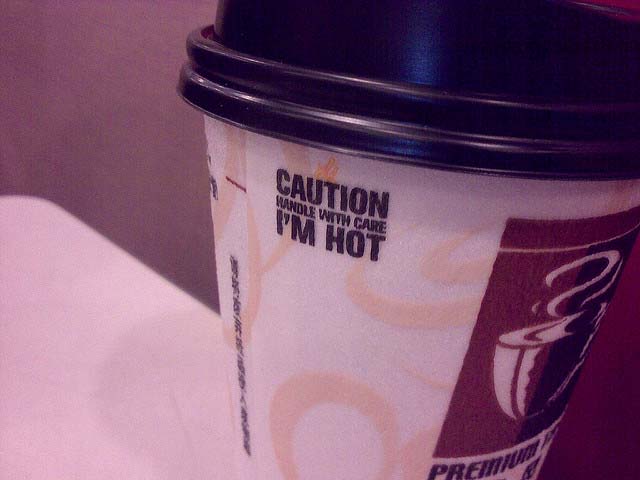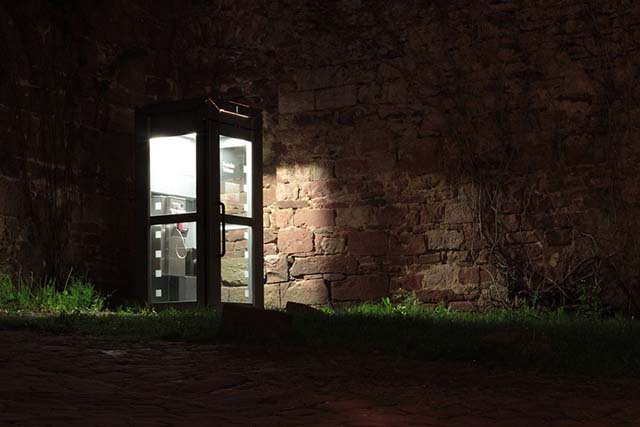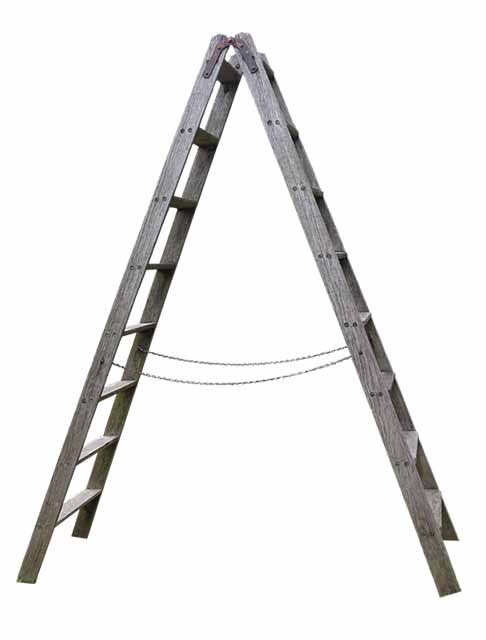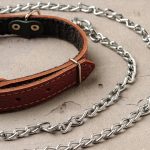You’ve undoubtedly seen many news stories and social media posts about “frivolous lawsuits.” Those stories are sometimes so outrageous that it’s nearly impossible to believe anyone filed such a suit, or that a jury made the decision you’re hearing about. Often, there’s a good reason the story sounds too crazy to be true: the story you’re hearing isn’t true–at least, not entirely.
Some lawsuits are crazy, like the 2005 multi-million-dollar lawsuit against a dry cleaner for a lost pair of suit pants. But, the system is built to handle true frivolous lawsuits. In the dry cleaning case, the plaintiff received nothing and was ordered to pay the defendants’ legal fees. Most frivolous cases are dismissed early in the process, and attorneys who file frivolous cases can be sanctioned by the court.
When you hear a story that sounds too outrageous to be true, it probably is. Here are a few examples of crazy lawsuit stories that are actually just crazy stories about perfectly reasonable lawsuits.

Not-So-Frivolous Lawsuits
The McDonald’s Coffee Case
The infamous McDonald’s coffee case was one of the first “frivolous” lawsuits to get widespread and enduring national coverage. If you’re under 30, you either weren’t born or were a toddler when Stella Liebeck spilled hot coffee in her lap in a McDonald’s parking lot. Still, you’re probably familiar with the case.
Unless you’ve done some research, read another post like this one or watched the 2011 documentary Hot Coffee, here’s what you probably think you know:
Some old woman spilled her coffee while she was driving, was surprised to find out it was hot, sued McDonald’s for millions of dollars, and a runaway jury gave it to her!
Here’s what you probably didn’t hear:
Mrs. Liebeck wasn’t driving, she was a passenger in the vehicle.
Her burns weren’t of the typical “spilled hot coffee” variety–she had third-degree burns on her groin, thighs, buttocks, and genitalia. She was hospitalized for seven days.
She initially only asked McDonald’s to cover the portion of her medical bills that Medicare didn’t take care of and lost wages–about $20,000–but they refused to pay.
Mrs. Liebeck’s family says she was active before the incident and had been working full time until shortly before, but never regained her full strength.
McDonald’s knew the coffee was dangerously hot because they’d received many complaints and settled several claims prior to Mrs. Lieback’s injury.
At least one representative of the company testified that McDonald’s had no plans to change the temperature of their coffee or warn customers.
The jury did assign some responsibility to Liebeck and reduced her compensatory damages by 20%–from $200,000 to $160,000.
The bulk of the jury award was in punitive damages and was roughly equal to the amount McDonald’s collected in coffee-sales revenue in two days. But, the judge dramatically reduced that award, from $2.7 million to $480,000, for a total of $640,000.
Mrs. Liebeck didn’t actually receive $640,000; she eventually settled with McDonald’s for about $500,000.

The Man in the Phone Booth
In the mid-1980s, then-President Ronald Reagan made Charles Bigbee a national joke. In a speech, Reagan told the story of “the guy who sued the phone company because a drunk driver hit his phone booth” and even referred to Bigbee as a “loony.” On the surface, the lawsuit sounds absurd. But, of course, there’s more to the story.
Here’s what you probably didn’t hear:
Charles Bigbee saw the car coming, but was unable to escape the collision because the door to the phone booth wouldn’t open.
The phone company had already received several complaints about people being stuck in the phone booth because the door jammed.
The phone booth was on a dangerous corner, and was actually a replacement for another phone booth that had been destroyed two years earlier in another car crash.
Witnesses described seeing Bigbee struggling to open the door and escape the phone booth as the drunk driver barreled toward it.
Bigbee had been employed as a janitor, but lost a leg in the crash and was unable to return to his job.
He suffered from depression for the rest of his life.
It took nearly a decade to reach a settlement with the companies responsible for the design, maintenance and placement of the phone booth.
The “Manure Stepladder” Was Actually A Poorly Made Ladder That Broke

In 1968, the TV news show 60 Minutes ran a profile about the owner of a ladder company, who claimed that his organization had to pay $300,000 to a man who sued them because he had placed the ladder on a pile of frozen manure, and it slipped out from under him when the manure thawed out.
In reality, the manure had nothing to do with it. The ladder, which was rated to support 1,000 pounds, was a defective product. One of the ladder’s wooden rungs broke under less than 250 pounds, seriously injuring the man’s leg. Unfortunately, uninformed people still tell that erroneous story.
If you’ve been hurt, there’s nothing frivolous about being compensated for your losses. Use the form on this page to connect with our team, so that we can review your case.
Why are Lawsuit Stories So Distorted?
Today, it’s easy to assume that these distorted stories are a function of social media and the click-oriented news industry. But, when Stella Liebeck became a laughingstock, the world wide web was in its infancy. And, when Reagan mocked Charles Bigbee’s life-altering injury, newspapers were made of paper and delivered to your doorstep. So, why did these two, along with many other victims of personal injuries and medical malpractice, become targets?
The unfortunate answer is that insurance companies have a powerful lobbying and public relations network. And, of course, insurance companies don’t like to pay out large verdicts and settlements. Their entire business model revolves around significantly more in premiums than they pay out in claims.
The American Tort Reform Association (ATRA) formed in 1986 with the goal of limiting the damages available in civil lawsuits. If you’ve heard of tort reform, you know the pitch: frivolous lawsuits and runaway jury verdicts are such a burden on medical providers, insurance companies, and even companies that produce consumer goods that we’re all paying the price. After reading the stories above, you can probably see part of the problem: those frivolous lawsuits are often not frivolous at all. And, the legal system already has rules and procedures to interrupt frivolous suits.
And, that’s only the beginning.
ATRA’s membership includes chemical companies, pharmaceutical companies, insurers, and other wealthy corporations and professional associations made up of those who stand to lose if injured people get fair compensation. ATRA and other organizations like it devote vast amounts of time and money to persuading legislators and the public that juries around the country are routinely handing out huge awards to people with silly, insignificant claims. That’s simply not true.
Just like it’s generally not true that states that adopt tort reform measures that hurt the public see a significant reduction in insurance premiums, or lower costs for consumer goods or medical care.
And, one of the key objectives of ATRA and similar organizations is to seriously limit punitive damages. But, punitive damages serve an important public purpose: they’re intended to make it more expensive for a company to do harm than to take proper precautions. With low punitive damage caps, it’s often profitable for a company to cut corners and put the public at risk.
We know there’s nothing frivolous or funny about your injury. If you were hurt through someone else’s negligence or because a product was dangerous or defective, you have a right to seek fair compensation. To learn more about your rights and options, fill out the contact form on this page.





